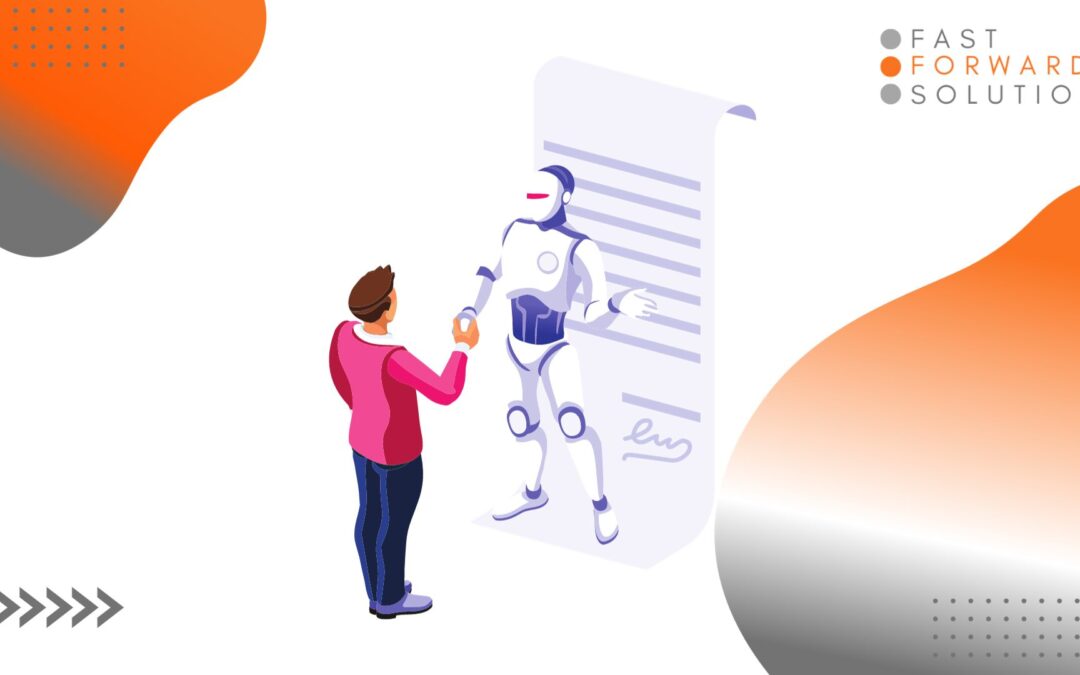
Artificial Intelligence in Recruitment: Opening new horizons
Artificial Intelligence in Recruitment: Opening New Horizons
In an era of technological revolution, the topic of "Artificial Intelligence in Recruitment" takes on special significance. In a world where data and algorithms shape many aspects of our lives, recruitment is also experiencing a transformation thanks to AI. From automated resume screening to advanced analysis of candidate behavior, the possibilities are almost endless. In this article, we will delve into the key areas of AI's impact on recruitment, presenting both the benefits and potential challenges.
Artificial Intelligence in HR Processes
Although until recently AI was mainly associated with sci-fi movies, it is now becoming an indispensable part of recruitment. It helps companies automate routine tasks, predict trends and provide tools for deeper candidate analysis. In the digital age, AI-based tools such as automated resume screening are becoming essential.
Innovations in Interaction with Candidates
AI is innovating in candidate interaction. AI-based chatbots and virtual assistants, such as NLP, are speeding up the initial stages of selection. They are able to carry on a conversation with a candidate, identifying key information and passing it on in the recruitment process.
Artificial Intelligence in Recruitment vs. Employees Retention
Using "Artificial Intelligence in Recruitment," companies can also benefit from predictive modeling. AI-based systems analyze the history of candidates and current employees, predicting their future performance, job satisfaction and retention.
Customizing the Candidate's Experience
The introduction of AI allows for the personalization of the recruitment process. Based on data and candidate behavior, systems customize the content of job offers and other elements of the process.
Integration of Artificial Intelligence in Recruitment with Other Tools
Integrating AI technology with other recruitment tools opens up new opportunities for HR professionals and recruiters. Today's recruitment tools are becoming increasingly sophisticated, and their effectiveness increases when they are integrated with AI-based systems. Here are a few key areas where this integration benefits:
Applicant Database Management Systems (ATS): Many recruiters use ATS systems to screen and manage candidate applications. With AI, these systems can become more precise, identifying candidates with the greatest potential for a specific role. Below is an example from our ATS system, Loxo, which uses AI in candidate sourcing and role-matching recommendations.
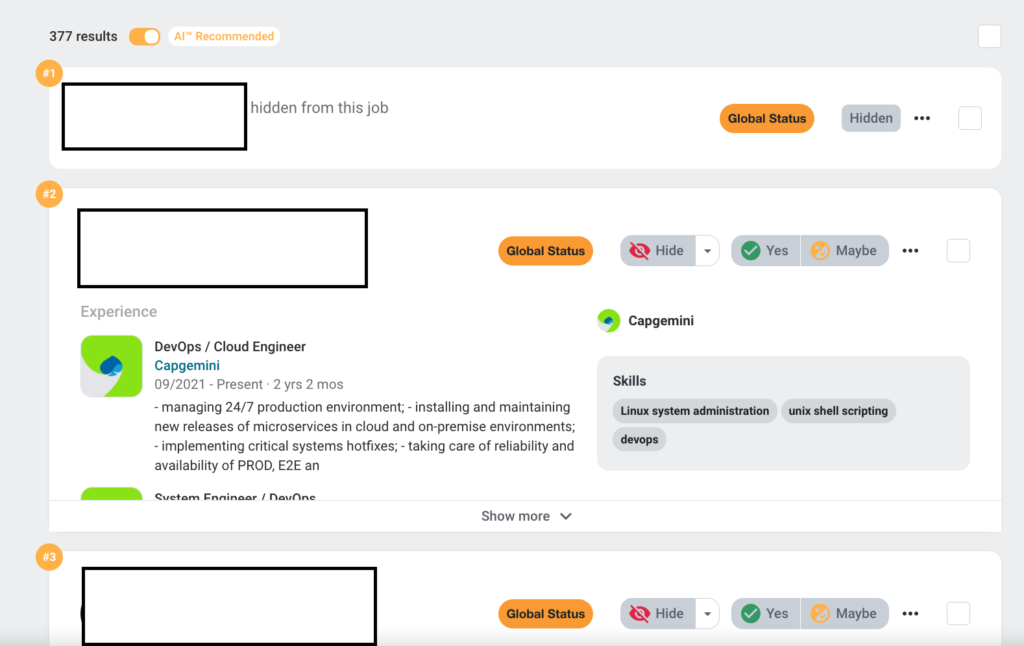
Talent analytics: Analytics tools allow recruiters to collect and analyze data on candidates. Integration with AI can accelerate data analysis by identifying trends that may not be visible to the human eye.
Virtual assistants: AI-based chatbots and virtual assistants can be integrated into recruitment platforms to automatically answer candidates' questions, conduct preliminary interviews or even schedule interviews.
Skills testing tools: Some tools can automatically test candidates' skills. Integration with AI can lead to better tailoring tests to the specific requirements of a position, predicting which skills will be most important in the future.
Video analytics solutions: In the age of video interviews, AI can analyze candidates' reactions, tone of voice and body language, giving recruiters an additional dimension of information during the selection process.
Integrating artificial intelligence with existing recruitment tools not only streamlines the process, but also allows for a deeper understanding of candidates and a better fit with the organization's needs. However, it is important to remember to strike the right balance between technology and a human approach to make the entire process fair and effective.
Ethical Aspects of Artificial Intelligence in Recruitment and the Future of Technology
As the use of technology in the recruitment process grows, ethical issues are becoming increasingly important. The use of artificial intelligence brings with it a number of opportunities, but also a responsibility to use it appropriately, transparently and fairly.
Diversity and bias: One of the biggest challenges is ensuring that algorithms are free of bias. History shows that AI systems can inadvertently discriminate against certain groups if the input data is loaded with biases. For example, if a company has favored a certain candidate profile in the past, the system may unknowingly favor the same profiles in the future.
Candidate data privacy: Given AI's ability to analyze and process massive amounts of data, privacy is becoming a key issue. Organizations need to be sure that they are processing data in a lawful manner, and that candidates are informed about how their information will be used.
Automation vs. human interaction: While AI can speed up and simplify many aspects of the recruiting process, there is still a need for the human touch. It is important that technology be used as a support, not a replacement, for human interaction.
The future of recruiting through technology: Imagine a future where technology allows us to better understand a candidate's potential, not only through their skills, but also their values and culture. Systems can become more sophisticated, predicting how a candidate will develop in an organization over the next few years. But this vision of the future must be based on ethical principles. Technological evolution in recruitment must go hand in hand with accountability and transparency.
Both the present and the future of recruitment through technology require us not only to be enthusiastic about new tools, but also to take a critical look at how we use them. We must be willing to adapt to changing technologies while keeping ethics and values at the center of our operations.
Summary
Artificial Intelligence is transforming the world of recruitment at an extraordinary pace. On the one hand, it offers us tools that will make processes more efficient and precise, while on the other hand, it challenges us with ethics and transparency. As HR leaders, we must be ready not only to use these tools, but also to shape them responsibly. With a deeper understanding and proper use of AI in recruitment, companies are able to attract and retain the best talent while building a more inclusive and innovative work environment.
Fast Forward Solutions - your source for the best professionals
Fast Forward Solutions specializes in recruitment services in the areas of IT, e-commerce, sales and marketing. Our rigorous methodology combines role profiling, executive search and candidate assessment, supported by consulting services. As a result, we guarantee efficiency and rapid acquisition of the best talent on the market. With our support, any company can increase sales, reduce operating costs, improve the efficiency of human resources management and strengthen investor confidence.
About the author: Tomasz Bożyczko
Tomasz Bożyczko is an experienced sales leader, CEO and founder of Fast Forward Solutions. His passion for recruiting and developing teams has contributed to the success of many organizations. Tomasz is an expert in hiring top talent and improving recruitment processes.
We hope these tips will help you create compelling job opportunities and optimize your recruitment process to attract the most valuable employees for your company.
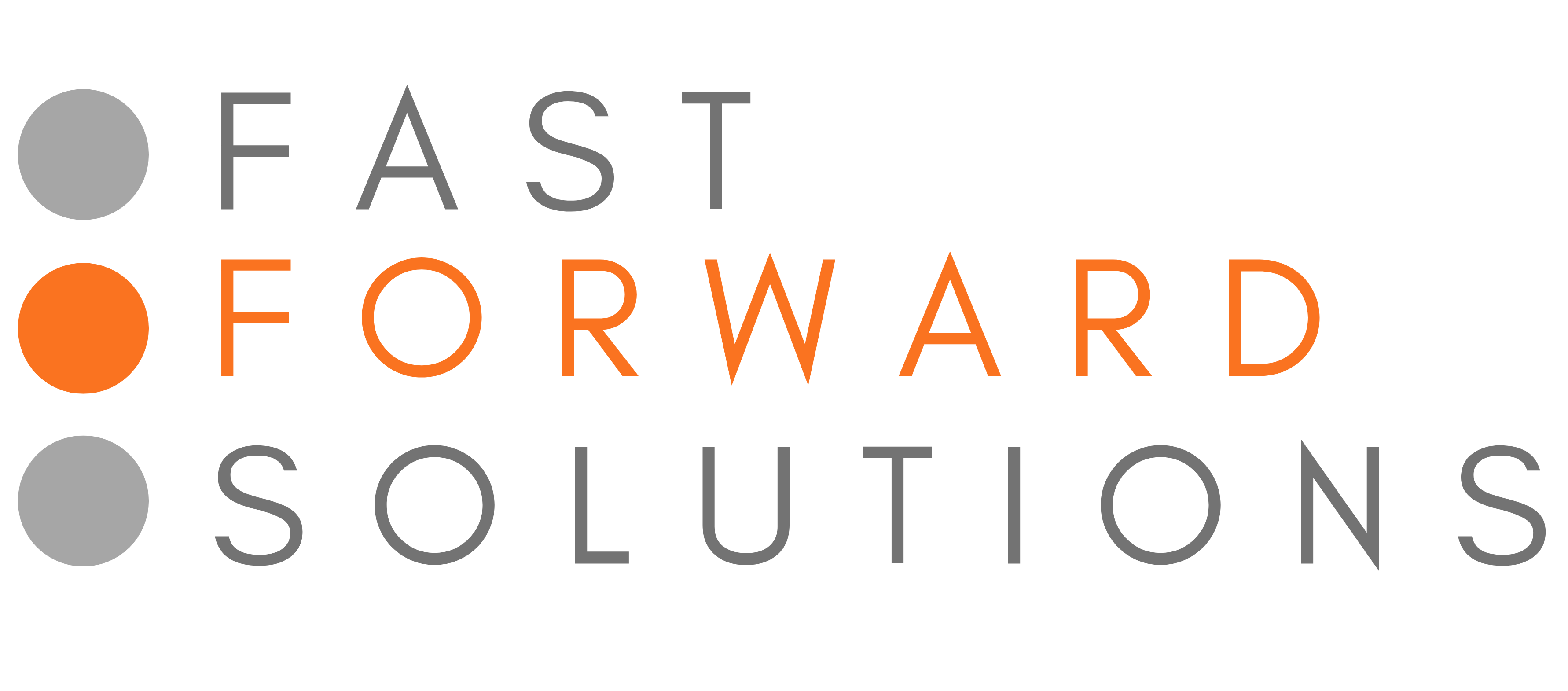

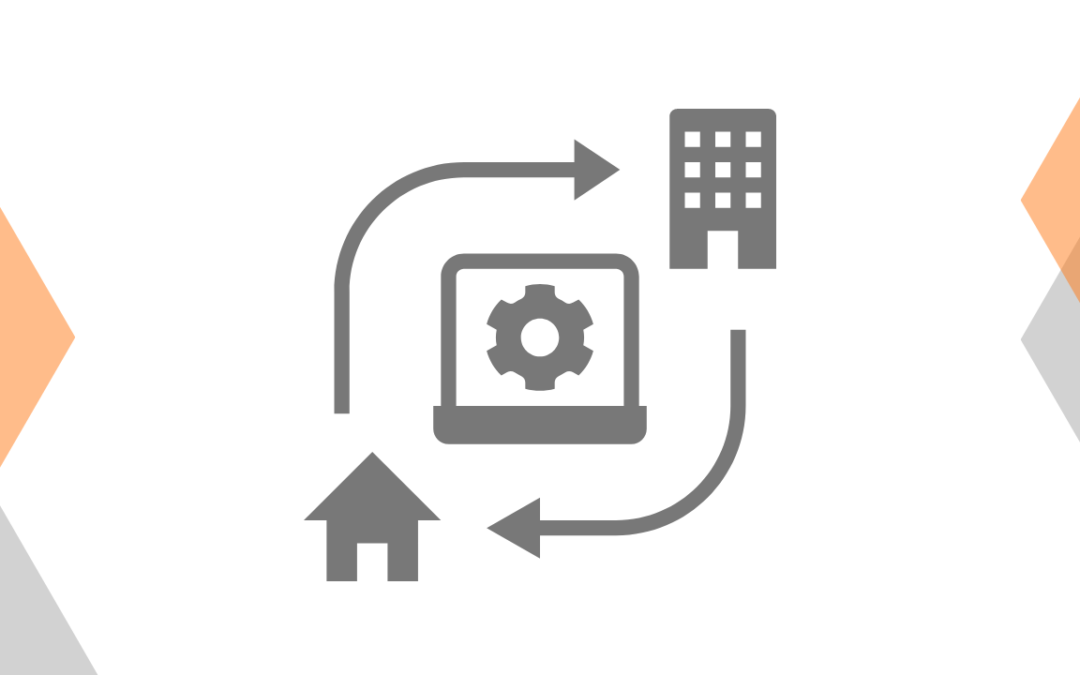


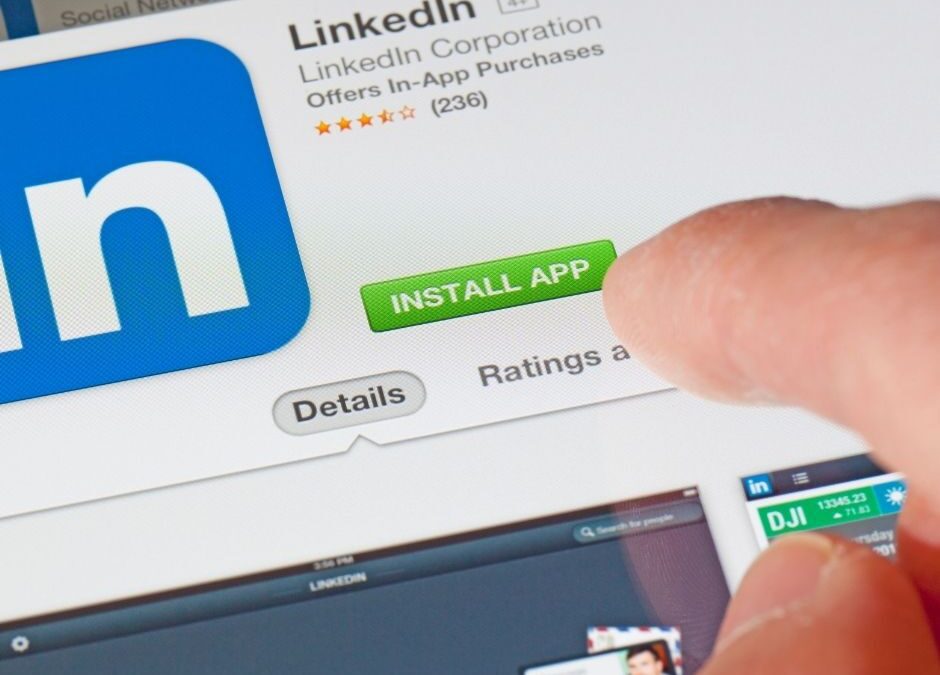
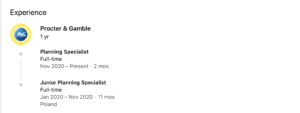

Latest comments